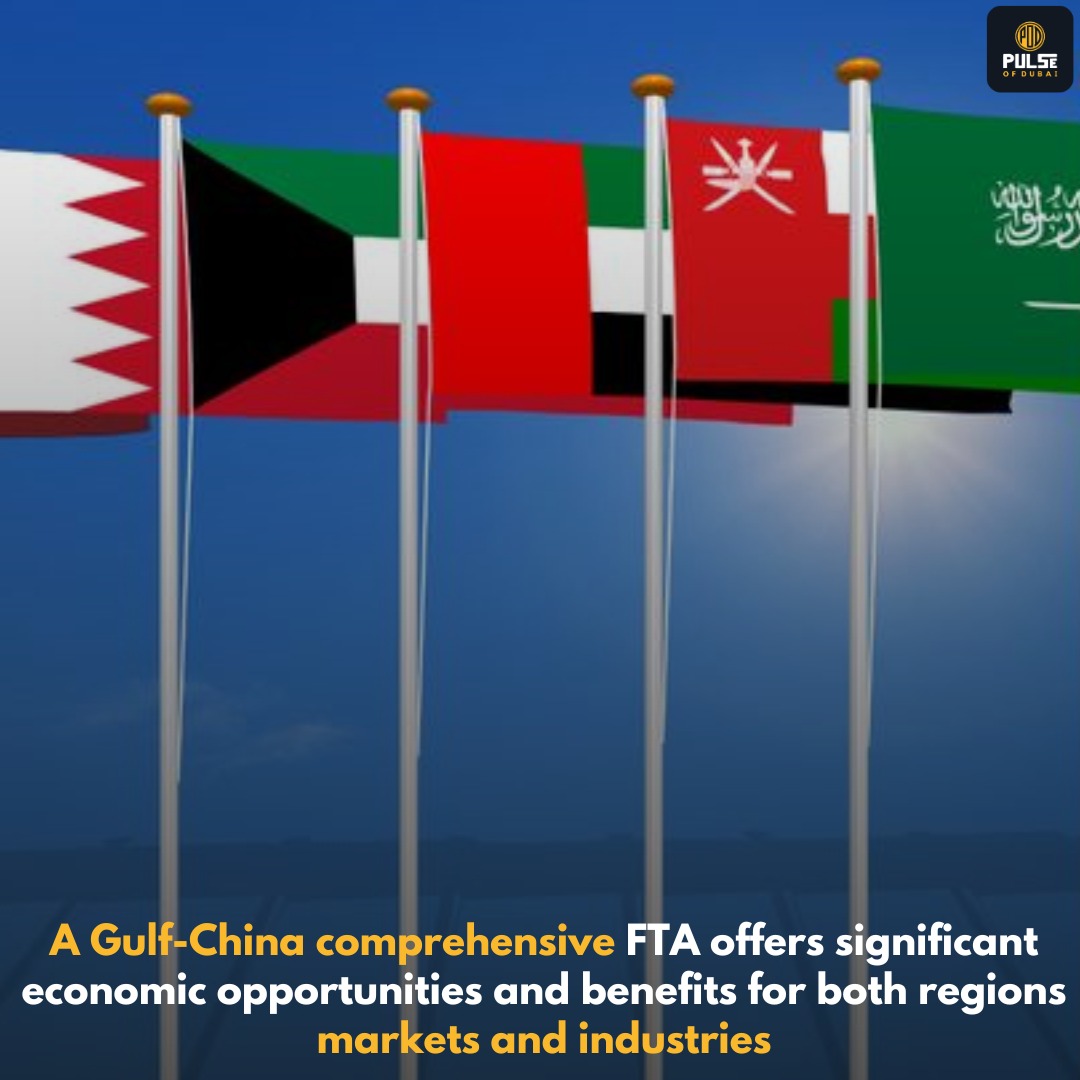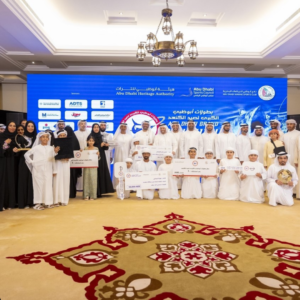A comprehensive Free Trade Agreement (FTA) between Gulf economies and China holds immense potential for unlocking substantial economic opportunities across multiple sectors. Such an agreement would facilitate smoother trade flows, encourage higher levels of investment, and foster sustainable economic growth for both regions.
Firstly, a comprehensive FTA would streamline trade between the Gulf economies and China by reducing or eliminating tariffs and non-tariff barriers. This would make goods and services more affordable and accessible, leading to increased trade volumes and a broader range of products being exchanged. Businesses in both regions would benefit from enhanced market access and a level playing field, encouraging greater participation in international trade.
Furthermore, the FTA would create a conducive environment for investment. With reduced trade barriers and improved market conditions, investors from the Gulf and China would be more inclined to explore opportunities in each other’s markets. This could lead to significant capital inflows, job creation, technology transfer, and overall economic development.
The FTA would also promote collaboration and partnerships between businesses in the Gulf and China. Enhanced economic ties would encourage joint ventures, strategic alliances, and innovation initiatives, driving competitiveness and productivity gains across industries. This collaborative approach could lead to the development of new products, services, and business models that cater to evolving consumer demands.
In addition to trade and investment benefits, a comprehensive FTA would stimulate economic growth in both regions. Increased economic activity, job creation, and improved business confidence would contribute to higher GDP growth rates and improved living standards. This growth is particularly crucial for the Gulf economies, which are diversifying their economies beyond oil and gas dependence.
Moreover, the FTA would strengthen diplomatic and strategic ties between the Gulf and China, fostering greater political stability and cooperation. Closer economic integration could pave the way for enhanced cultural exchanges, tourism, and people-to-people interactions, further deepening bilateral relations.
However, it’s essential to address potential challenges and considerations such as regulatory alignment, intellectual property rights protection, environmental sustainability, and social impacts. Negotiating a comprehensive FTA requires careful deliberation, transparency, and stakeholder engagement to ensure mutual benefits and sustainable outcomes for all parties involved.
In conclusion, a comprehensive Free Trade Agreement between Gulf economies and China holds the promise of significant economic opportunities, including expanded trade, increased investment, and sustainable growth. It represents a strategic pathway towards deeper economic integration and collaboration, driving prosperity and development for both regions in the long term.









